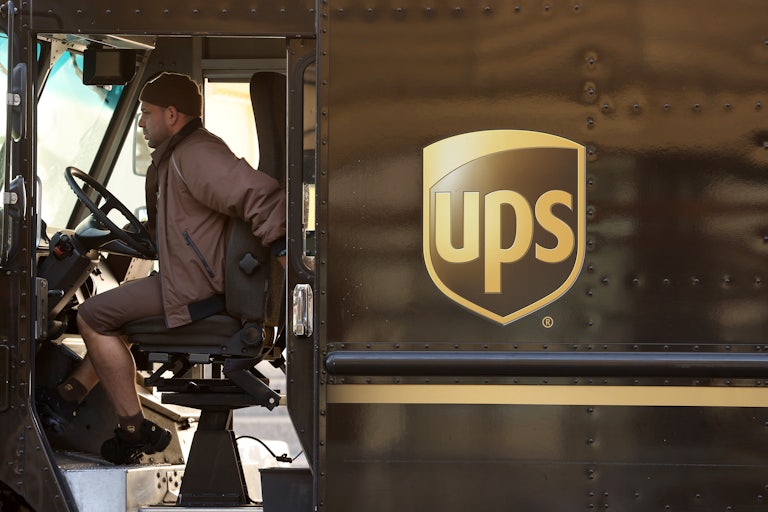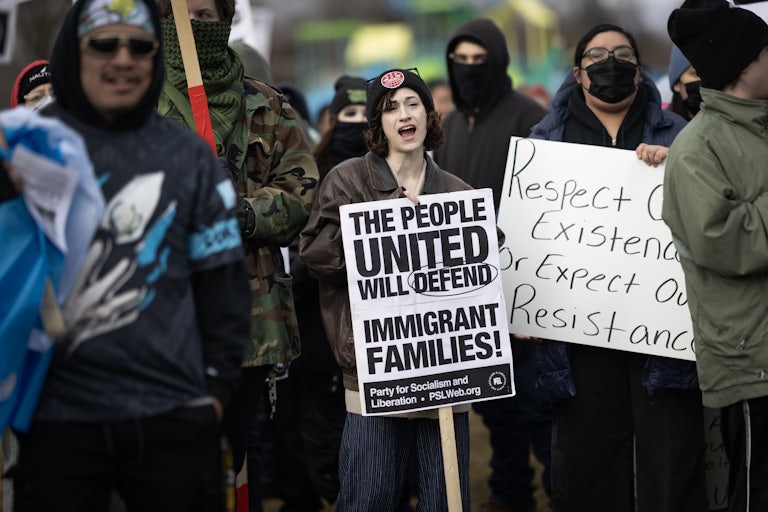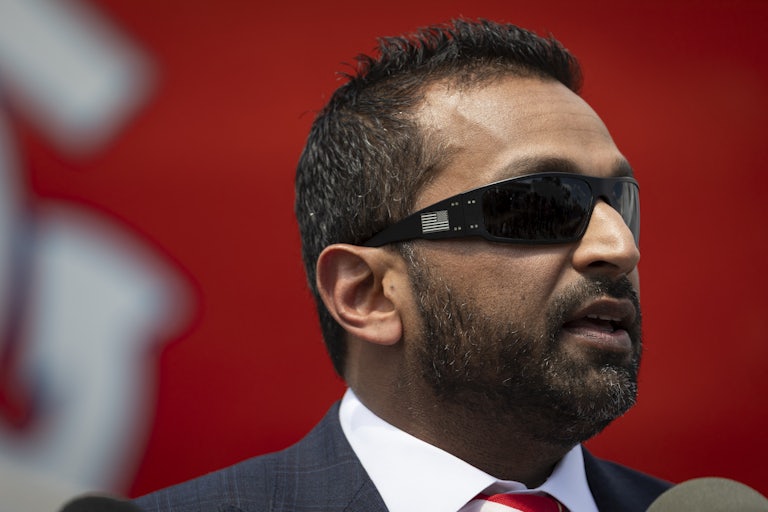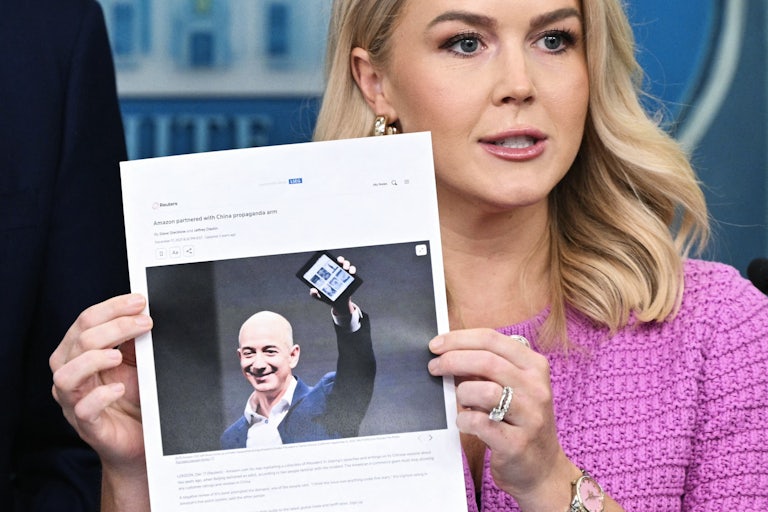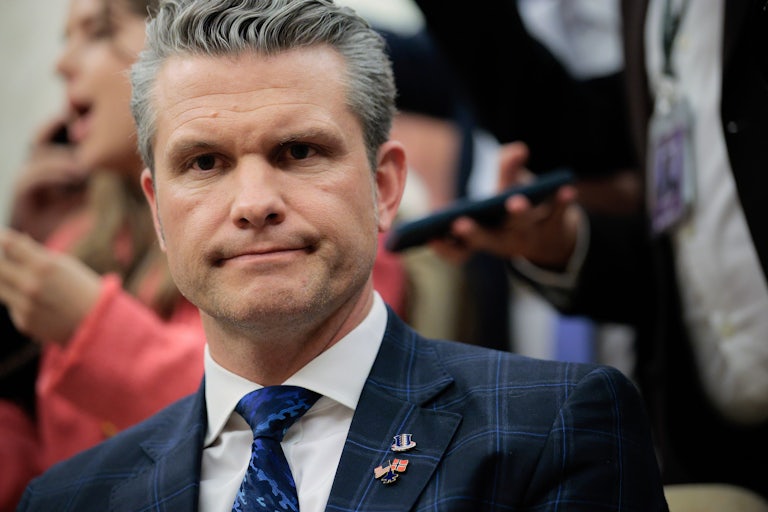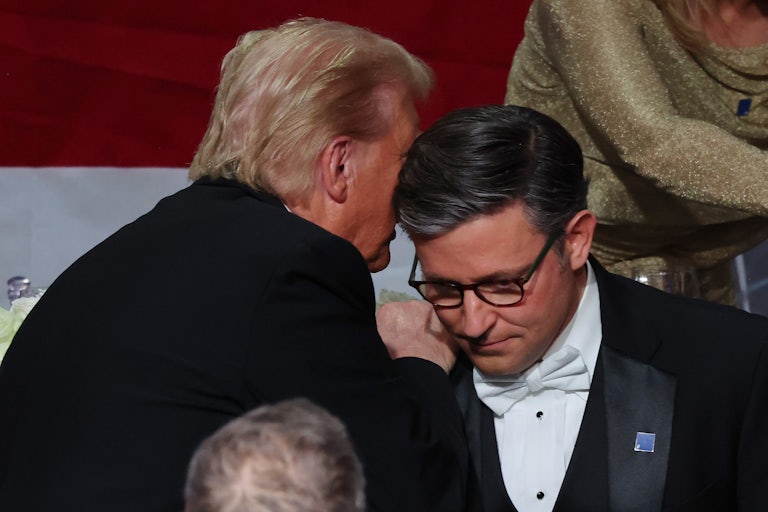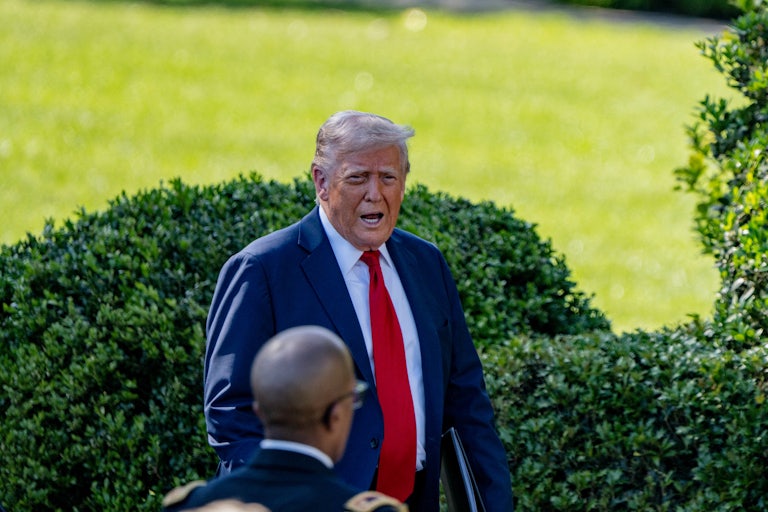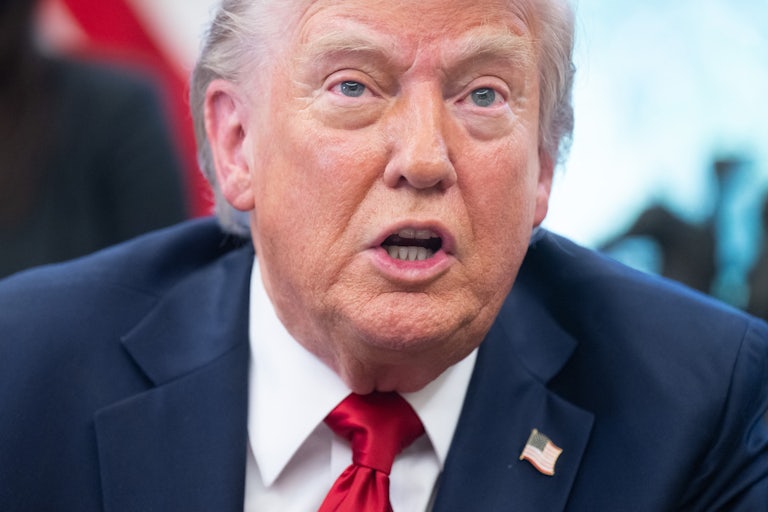Trump’s Shady Crypto Business Partner Exposed in Shocking New Report
Donald Trump has turned the White House into his personal crypto firm.
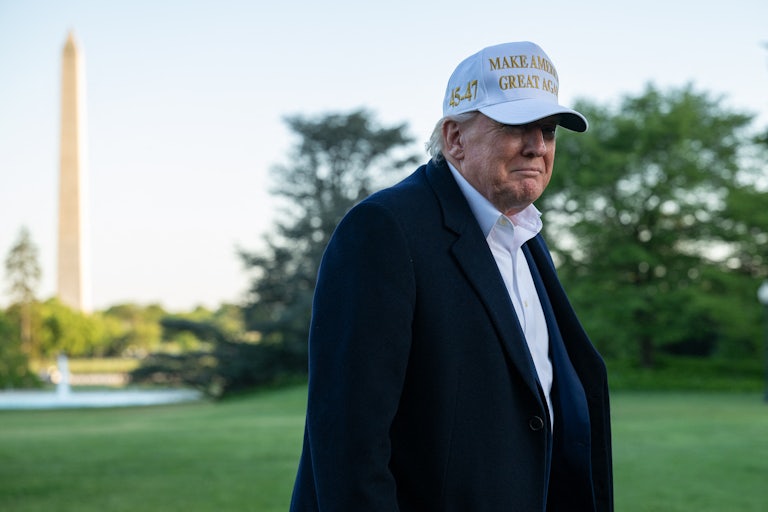
Donald Trump’s shady crypto business has a surprising partner: Zachary Witkoff, the son of the president’s special envoy to the Middle East, Steve Witkoff. But don’t worry, his dad is getting in on the action too.
A sweeping investigation published Tuesday by The New York Times found that the young Witkoff had found his way to becoming one of the top three managers of World Liberty Financial, or WLFI, the decentralized finance platform that is majority owned by a Trump business entity.
DT Marks DEFI LCC, which is affiliated with Trump and his family members, owns 60 percent of World Liberty and is entitled to 75 percent of $WFLI token sales after deduction of agreed reserves, according to the website.
Trump serves as the company’s “Chief Crypto Advocate.” It’s a sort of ironic title because, while Trump can promote the brand itself, he can also shape policy to the benefit of cryptocurrencies and influence the very markets to which crypto value is tied. The president’s sons, Eric and Don Jr., are both Web 3 ambassadors, while Barron, a freshman at New York University, is a “DeFi Visionary.”
A Securities and Exchange Commission filing lists Witkoff and his son as “promoters.” Witkoff, whose background is in New York real estate, has become a central figure in the floundering U.S.-brokered peace negotiations between Ukraine and Russia.
The Times reported that Zachary Witkoff was one of three managers who oversee daily operations at World Liberty, alongside Chase Herro and Zak Folkman of Dough Finance, a lending app that was hacked in July, losing its customers more than $2 million. Coindesk previously reported that some of WLFI’s code was lifted directly from the defunct Dough Finance.
The young Witkoff recently traveled with Folkman and Herro to Pakistan to meet with Prime Minister Muhammad Shehbaz Sharif and other government officials to discuss World Liberty.
“The trip, complete with limousines, a dance performance and police escorts, seamlessly blended the president’s business interests with the trappings of a state visit,” the Times reported.
The trio also met this week with Changpeng Zhao, the founder and former chief executive of Binance, in Abu Dhabi to discuss USD1, WLFI’s stable coin, which is a cryptocurrency that maintains a value of $1. Zhao has been seeking a pardon from the Trump administration after he pleaded guilty to violating U.S. anti–money laundering laws, according to The Wall Street Journal.
World Liberty presents a golden opportunity for investors to curry favor with the Trump administration by allowing them to invest in a coin that directly benefits the president and his family.
World Liberty sent multiple firms a pitch saying that they could essentially pay somewhere between $10 million and $30 million for World Liberty’s endorsement, according to three firms that spoke with the Times. In return for tens of millions of dollars, World Liberty would buy a small amount of the firm’s cryptocurrency, signaling to the market that the firm’s coin was worthy of investment, while pocketing the rest of the cash.
Some firms turned them down. “It’s a very dishonest approach,” Dominik Schiener, founder of the IOTA Foundation, told the Times. His Berlin-based group “immediately” rejected the pitch, he said.
Crucially, World Liberty allows foreign investors to financially back Trump. Many of World Liberty’s early investors were from South Korea, Hong Kong, Singapore, and the United Arab Emirates. Early investors also included some foreign crypto entrepreneurs who had to make payments to the Securities and Exchange Commission over their misdeeds.
Crypto executives have used their purchases of $WLFI to raise their profile in the U.S. and globally, in addition to granting them leverage with the White House. Justin Sun, a Chinese billionaire who founded the crypto platform Tron and was sued by the SEC during the Biden administration, bought a whopping $75 million of $WFLI, late last year. A few months later, the SEC asked a federal judge to halt Sun’s case.
In March, Trump announced plans for a U.S. “crypto strategic reserve,” which presents as a blatant insider trading scam to make his billionaire crypto czar richer—funded by taxpayer money. It directly increased the value of World Liberty’s stash of ether, which was one of the coins included in Trump’s reserve.

